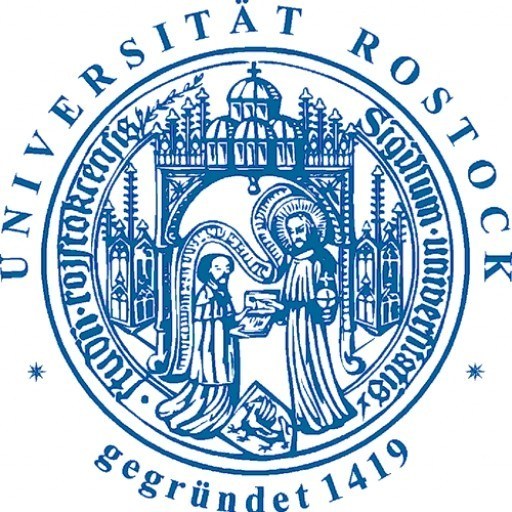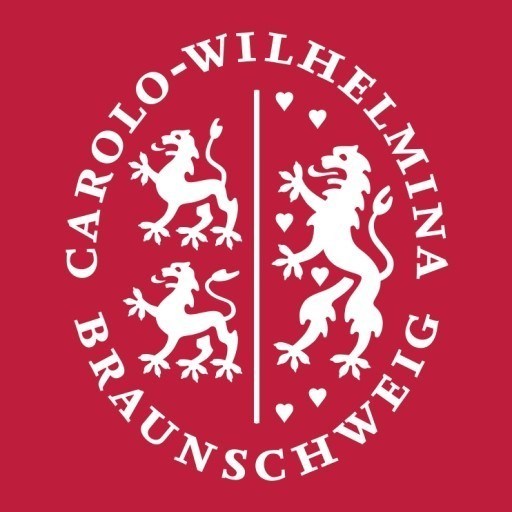Photos of university / #unifreiburg
Sustainable Systems Engineering at the University of Freiburg is a comprehensive and forward-looking master’s program designed to equip students with the essential skills and knowledge needed to develop and implement innovative solutions for a sustainable future. This interdisciplinary program combines principles from engineering, environmental science, economics, and social sciences to prepare graduates to address complex global challenges such as climate change, resource depletion, and environmental degradation. Throughout the course of the program, students will explore topics including renewable energy systems, resource-efficient infrastructure, sustainable manufacturing processes, life cycle assessment, and environmental policy. The curriculum emphasizes practical skills through laboratory exercises, project-based learning, and collaborations with industry partners, enabling students to gain hands-on experience in designing sustainable systems. The program is built on a foundation of scientific rigor and encourages critical thinking, creativity, and problem-solving in real-world contexts. Students will also have opportunities to specialize in areas such as renewable energy technology, sustainable urban systems, or circular economy models, tailoring their education to their career aspirations. The University of Freiburg’s strong commitment to sustainability is reflected in the program’s emphasis on integrating ecological, economic, and social dimensions into engineering solutions. Graduates will be well-equipped to pursue careers in consulting, research, policy-making, or industry, contributing to the development of sustainable innovations and practices across various sectors. With a faculty composed of experts in engineering, environmental sciences, and related fields, students will benefit from cutting-edge research, international collaborations, and a vibrant academic community dedicated to sustainability. The program prepares students not only to meet current industry standards but also to be pioneers of sustainable development in an ever-changing global landscape.
Curriculum
The Curriculum is sorted by terms or areas.
- Bioinformatics and System biology, Master of Science
- Embedded Systems Engineering, Master of Science
- Computer Science, Master of Science
- Microsystems Engineering, Master of Science
- Mikrosystemtechnik, Master of Science
- Sustainable Systems Engineering, Master of Science
From 20 March on you can apply for the coming winter semester via the online application portal. After that, print the pdf document, sign it and send it by regular mail (not by e-mail) to the address below mentioned - together with the following documents:
- A certified and (if necessary) translated copy (German or English) of your undergraduate diploma. If you have not yet completed your undergraduate studies, a certified transcript of marks is sufficient.
- A certified and (if necessary) translated copy (German or English) of your transcript of marks showing all courses taken and marks obtained as well as the current average grade.
- Proof of English proficiency (TOEFL, IELTS or Cambridge Certificate)*
- Motivation letter (highly recommended)
- GRE test (not compulsory, but recommended for applicants from abroad)
- Curriculum vitae or résumé (optional)
- APS certificate (only for applicants having studied in China, Mongolia or Vietnam)
Additional documents that can be useful to submit: University entrance exam result from your home country (if applicable), GATE result (India), certificate about your rank in class, certificate about the average grade of your batch.
* Language certificates:
- The following English language certificates are accepted: TOEFL, IELTS, Cambridge Certificate of Proficiency in English, Cambridge Certificate of Advanced English.
- Only native speakers from the U.S.A., U.K., Australia, New Zealand and Canada or students who studied and completed their Bachelor's in one of these countries are exempted from submitting an English language certificate. A confirmation that the medium of instruction at your university was English is not sufficient.
- The minimum IELTS score (academic IELTS) required is 6.0. The minimum TOEFL score required is 78.
- IELTS and TOEFL scores should be sent by the testing centre to the University of Freiburg (institutional code 7125 for ETS; the address for IELTS is the same as for your application). Alternatively, you may send a certified hard copy.
The Sustainable Systems Engineering Master’s program at the University of Freiburg offers a comprehensive funding and financing structure to support students throughout their studies. Tuition fees for international students vary depending on the specific arrangements and are generally set to be affordable, with partial fee waivers or scholarships available for outstanding candidates. The program is primarily funded through a combination of university resources, governmental support, and external funding bodies. Many students benefit from German federal and state grants aimed at promoting sustainability and engineering education. Additionally, the university administers a range of scholarships, fellowships, and financial aid programs designed to reduce the economic burden on students.
Students are encouraged to explore external funding options such as DAAD scholarships, which are highly competitive and support international students pursuing master's degrees in Germany, including those at Universität Freiburg. The university’s career center also provides guidance on part-time work opportunities, which can help finance living expenses. Internships related to the field of sustainable systems may be available and sometimes compensated, allowing students to gain practical experience while earning income.
Moreover, the university promotes a range of financial planning services to help students manage their budgets effectively. Students are advised to consider costs associated with tuition, accommodation, health insurance, and daily expenses. Living costs in Freiburg are generally moderate compared to other German cities, making it feasible for students to finance their studies through a combination of personal savings, part-time work, and scholarships. For students from the European Union, there are often fewer restrictions regarding work, facilitating employment during the semester.
In summary, financing studies in the Sustainable Systems Engineering program at the University of Freiburg can be achieved through a mixture of university scholarships, external grants, personal savings, and part-time employment. The university provides extensive support resources to assist students in securing funding and managing their finances effectively throughout their academic journey.
The Master’s programme in Sustainable Systems Engineering at the University of Freiburg is designed to prepare students for the complex challenges associated with sustainable development and environmental protection in a technological context. The programme offers a comprehensive curriculum that integrates engineering principles with environmental sciences, economics, and social sciences to foster a holistic understanding of sustainability issues. Students will learn about renewable energy systems, resource efficiency, environmental management, and innovative technological solutions aimed at reducing ecological footprints.
Throughout the course, students have the opportunity to engage in interdisciplinary projects that emphasize real-world problem solving. The programme encourages active participation in research and applies theoretical knowledge to practical scenarios, including case studies in renewable energy, sustainable urban planning, and eco-efficient manufacturing processes. Special emphasis is placed on developing skills in system analysis, life cycle assessment, and sustainability assessment methods to evaluate the environmental impact of engineering solutions.
The faculty comprises experts from various fields who guide students through a rigorous academic framework complemented by practical experiences such as internships and collaborative projects with industry partners. The programme is designed to equip graduates with the competencies necessary to work in diverse sectors including renewable energy, environmental consulting, policy-making, and sustainable development projects at both national and international levels.
Additionally, the university provides excellent research facilities and encourages international mobility through exchange programmes, enabling students to gain global perspectives on sustainability issues. The curriculum is delivered in English, aiming to attract international students and foster a diverse academic environment. Graduates of the programme will be capable of contributing innovatively to sustainable engineering solutions and advancing the development of environmentally responsible technologies.
Overall, the Master’s programme in Sustainable Systems Engineering at the University of Freiburg endeavors to produce highly qualified engineers who are committed to sustainability and possess the technical expertise, analytical skills, and ethical mindset necessary to promote sustainable development worldwide.










